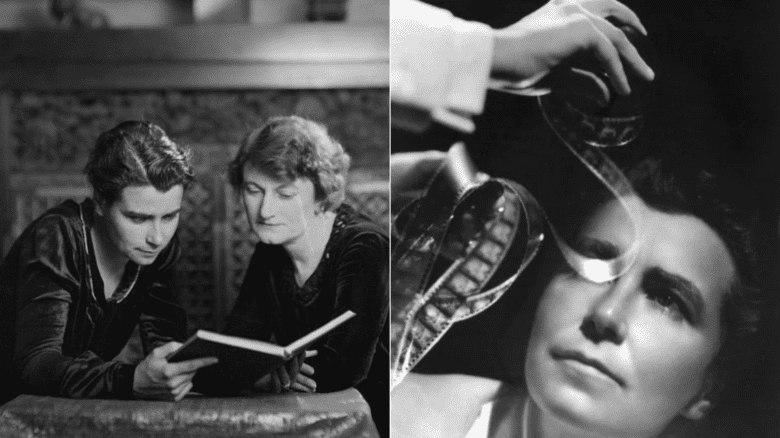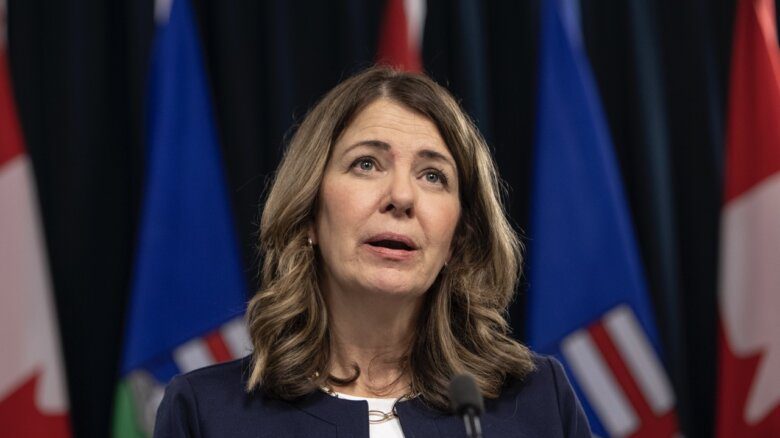This story is part of Seeing Red, a month-long series exploring periods from an LGBTQ2 perspective.
From pap smears to trans and non-binary sexual health services, OB/GYN Dr Helena Frecker answers your questions in part two of “Ask an Expert.”
Full Transcript
[00:00:00] Hello my name is Helena Frecker. I’m an obstetrician and gynecologist. I work in Toronto and I’m here to answer some questions about reproductive health and sexual health for Xtra.
[00:00:16] If I’m a trans man do I still need to have pap smears?
[00:00:19] So that depends on three separate criteria, and those are: age, do you have a cervix, and have you been sexually active. So I’ll start with age. Most jurisdictions dictate that pap smears be started at the age of either 21 or 25. The second thing is do you have a cervix. So a lot of trans men who, for instance, have had a transition-related or gender-affirming hysterectomy will no longer have a cervix. And for those people, so long as they’ve never had a history of high-grade or very abnormal cells on the cervix in the past, they will never need a pap smear again. And then the last piece is: have you ever been sexually active. So that’s not, just you know, sexual intercourse like penis and vaginal intercourse — that’s any kind of sexual activity. So if you’re sexually active with any kind of partner with, you know, genital touching or hand-to-genital touching, that counts of sexual activity.
[00:01:05] If I am transitioning and taking testosterone, can I still get pregnant?
[00:01:09] So that depends. It depends on if you are a person who has a uterus and who has ovaries. If you’re sexually active with a partner who is sperm producing then yes, absolutely you can get pregnant. If you are not taking any other form of contraception. Testosterone itself is not a contraceptive and you can still ovulate while taking testosterone for transition, particularly when you are first starting your testosterone and you’re getting your dosages up. It takes some time — sometimes up to six months — to fully suppress ovulation, and even when ovulation is fully suppressed on testosterone, there can still be a little rogue egg that’s released every once in a while. So it’s very, very, very important that if you do not want to become pregnant that you have some other form of contraception onboard. And so a lot of trans men will use, for instance, condoms, may use an IUD or may use a progesterone-only method of contraception if they are concerned about taking an estrogen-containing pill, which would be totally reasonable. The other thing to consider is that testosterone is not safe in pregnancy. And so if a pregnancy were to occur while taking testosterone there would be a serious concern for that developing pregnancy to be exposed to levels of testosterone that could cause a serious abnormality in that pregnancy as well.
[00:02:26] If I’m trans or non binary, where do I go to get sexual health services without fear of feeling judged or shamed?
[00:02:32] Unfortunately that depends a little bit on where you live. If you live in a geographically-remote location, there may simply not be enough providers to have somebody there who is knowledgeable and is open enough to provide safe and inclusive care. However if you live in a larger city like Toronto, Vancouver or Montreal, there are so many different providers who have expertise in whatever health concern that you are needing addressed. So, for instance, if you live in Ontario there’s a directory through the Rainbow Health Ontario website, that can link you to LGBTQ+ positive and knowledgeable health care providers. There’s similar directories in BC through Trans Care BC and in Quebec through Sante Trans Health, so there are many, many providers available, just know where to look.
This story is part of Seeing Red, a month-long series exploring periods from an LGBTQ2 perspective.

 Why you can trust Xtra
Why you can trust Xtra


